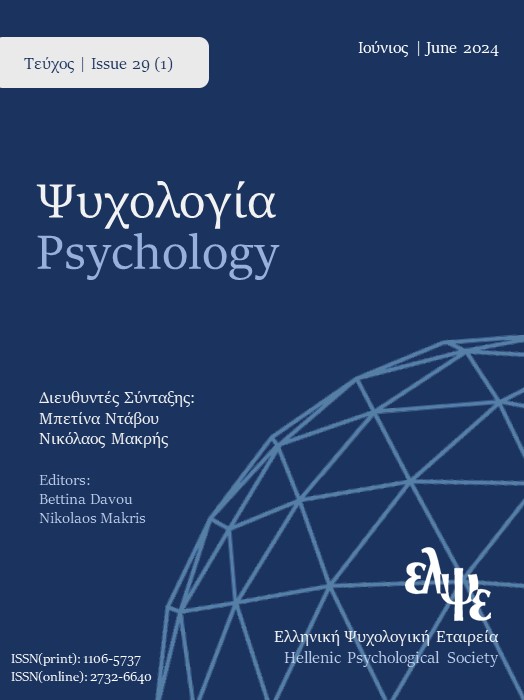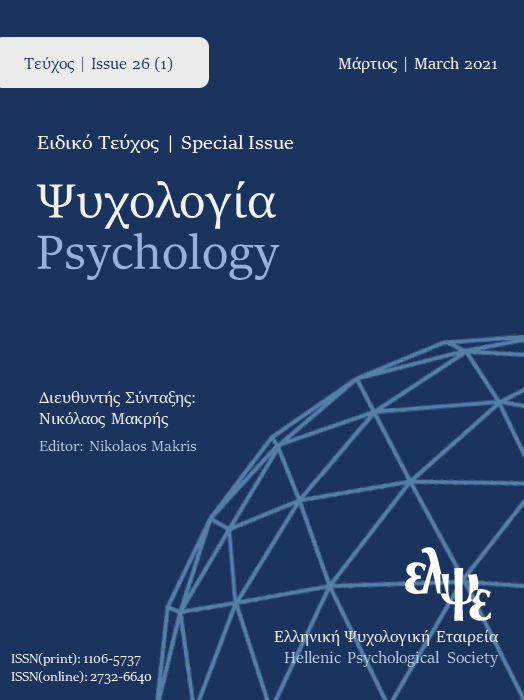The importance of response times measures in verbal fluency tasks

Abstract
Verbal fluency is a commonly used task in clinical and experimental neuropsychology. It assesses a person’s ability to generate relevant words, according to a given category within a limited amount of time. Phonemic (PF) and semantic (SF) fluency tasks reflect different aspects of language and executive function abilities. In the present study, we investigated first response latency as an additional measure of phonemic, semantic and excluded letter fluency of 44 healthy adults (aged 18 to 39 years old) divided in 2 groups, according to their education level. We investigated potential correlations between response times and education level. Preliminary results from a small sample show that when comparing phonemic, semantic and excluded letter tasks the shortest response time was observed in semantic fluency tasks whereas the excluded letter tasks have the longest (Z = -5.35, p < 0.0005). Education appeared to have a significant negative effect on the mean response times of the participants (for PF U = 137, p = 0.014; for ELF U = 141.5, p = 0.018; for SF t = 2.05, p = 0.046). These results constitute a potential underexamined way to investigate lexical organization and access in verbal fluency. Also, we noted that education contributes not only to overall performance but to response times as well.
Article Details
- How to Cite
-
Orologa, E., Chatzopoulos, G., Nikolaidis, D., Kosmidis, M., & Proios, H. (2024). The importance of response times measures in verbal fluency tasks. Psychology: The Journal of the Hellenic Psychological Society, 29(1), 71–81. https://doi.org/10.12681/psy_hps.34095
- Section
- RESEARCH PAPERS

This work is licensed under a Creative Commons Attribution-ShareAlike 4.0 International License.
The journal PSYCHOLOGY adopts a Platinum open-access policy. Submission, processing or publication costs are waived by the Hellenic Psychological Society. Papers published in the journal PSYCHOLOGY are licensed under a 'Creative Commons Attribution-ShareAlike 4.0 International' licence. The authors reserve the copyright of their work and grant the journal the right of its first publication. Third-party licensees are allowed to use the published paper immediately after publication as they wish, provided they retain the defined by the license copyright formalities, regarding the reference to its author(s) and its initial publication in the journal PSYCHOLOGY. Moreover, any adjusted work should be shared under the same reuse rights, so with the same CC license.



